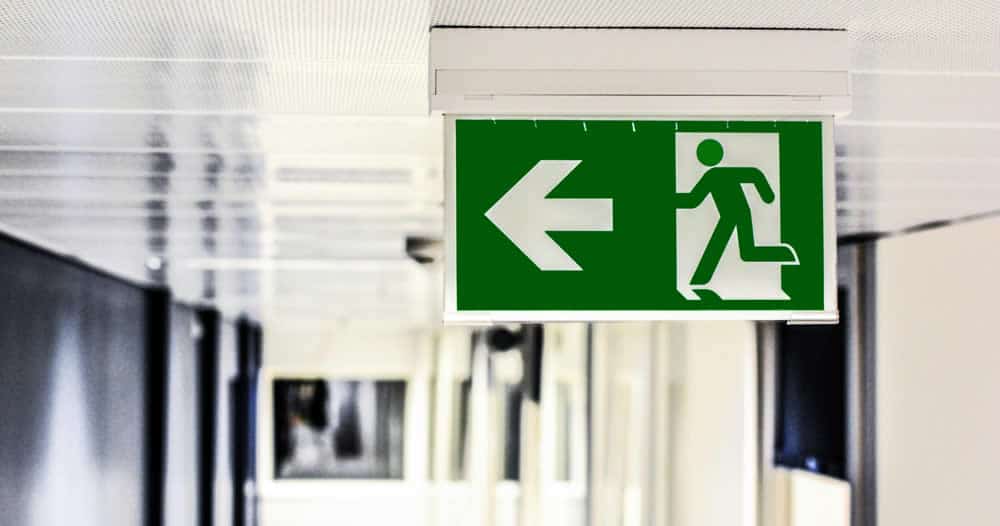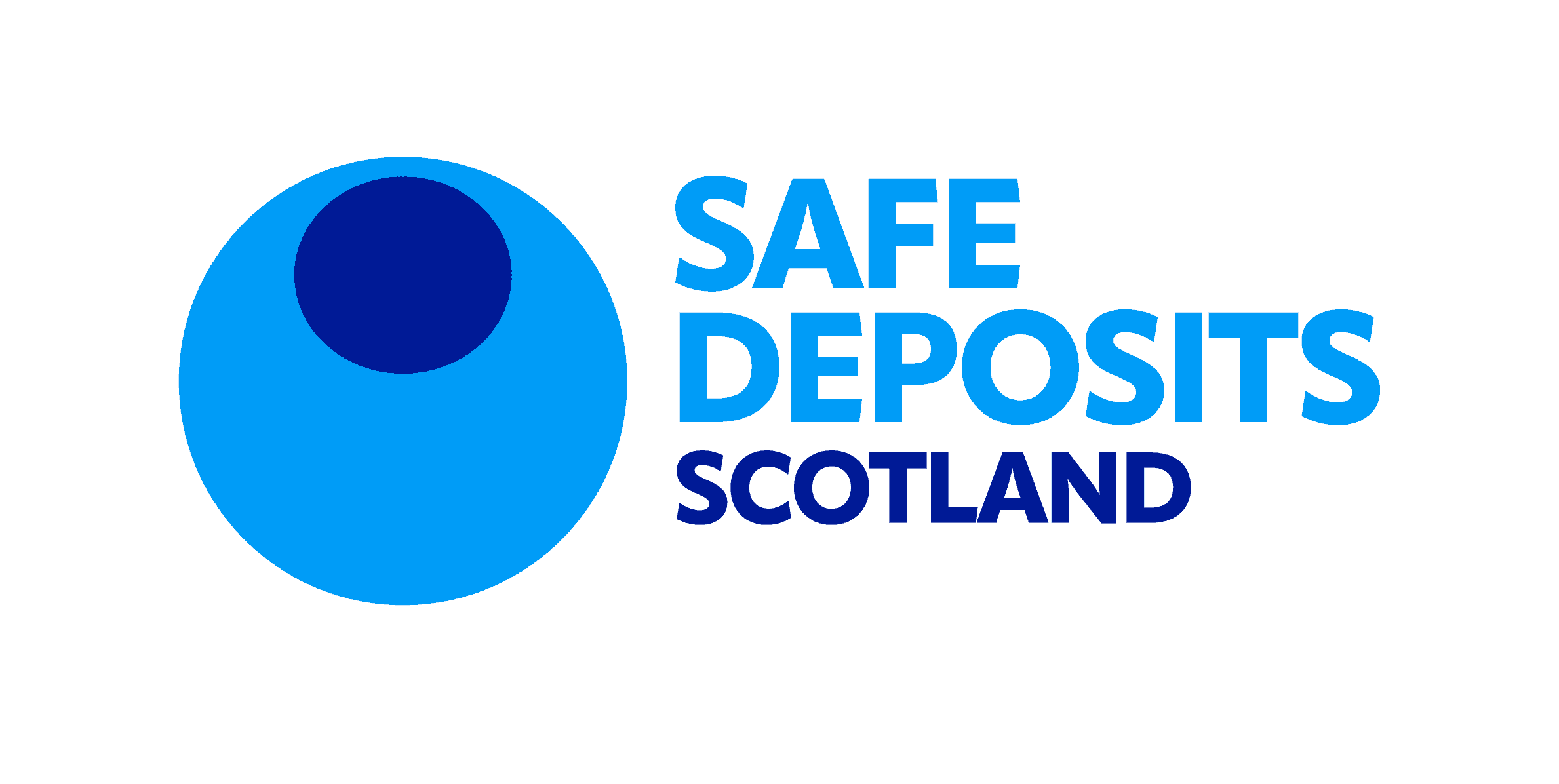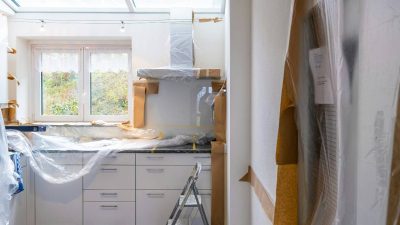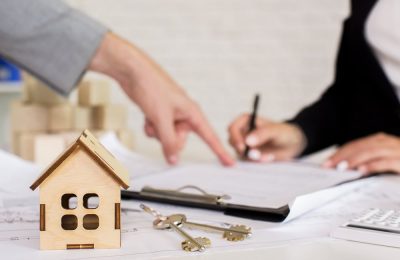Tenancy deposit scheme SafeDeposits Scotland protects tenants deposits during their stay, but when it comes to keeping the property and its occupant safe, that duty falls on both the tenant and landlord. It is imperative that the landlord ensures their property is safe for the tenant to live in before they move into the property, and the tenant should then uphold safety precautions during their stay, though there are certain responsibilities that are still retained by the landlord.
Preventing accidents with furniture
Furniture in the property, whether it has been provided by the landlord or is the tenant’s own furniture, should be well looked after by the tenant. Furniture should not be placed in positions where it could cause injury, for example obstructing doorways and making it difficult to enter and leave rooms, or placed in positions where they could easily be knocked over. In properties where the landlord has provided furniture they should adhere to these safety precautions, and it may be better on the tenant’s part for them to keep provided furnishing in its place so as to not cause any accidental damage to items or harm to themselves while moving things around.
Fire safety
Not only can furniture obstructing pathways lead to injuries, it is also hazardous in case of fire. If there is a fire, occupants of the property will need to have a clear pathway to the doorway so they can exit the property. The landlord must also ensure that there are smoke detectors installed in the property and that they are in working order. Fire alarms should be tested prior to the tenant moving into the property, and if it is discovered during the tenancy that there is a fault, the tenant should report this to the landlord whose responsibility it is then to contact someone to get it repaired. In rooms with a fixed combustion appliance such as a gas boiler, a carbon monoxide detector must also be installed.
If the property is an HMO (House in Multiple Occupation), then there should be an easily accessible fire extinguisher on every floor as well as unobstructed fire exits.
Electrics and appliances
Any electrical appliances in the property should be tested beforehand to make sure they are in working condition, and details of these items, their conditions, exact make and instructions on usage should all be provided in the check-in report. It is important that exact make and instructions are included so that the tenant knows what to do if there is a fault. All electrical outlets and appliances should be inspected every five years by an engineer. Tenants should not attempt to fix any electrical faults they encounter themselves, but instead ask the landlord to call a qualified engineer.
Preventing the spread of mould
When moisture builds up in the property, mould can begin to rear its ugly head and if not dealt with swiftly it can spread and become difficult to eradicate. Mould can spread quickly and a severe enough mould problem could cause long-term respiratory issues for the tenant as well as asthma attacks and skin irritation, so it is crucial that once it is spotted something is done about it immediately.
The root cause of the mould will suggest who would have been responsible for preventing it forming or spreading. The bathroom can be a hotspot for mould due to excess moisture and so the tenant should do their best to prevent this by keeping a window open or turning on the extractor fan when they shower. A failure by the tenant to do so that results in mould forming in the bathroom could result in a claim against their deposit by the landlord. If however, the mould has formed for structural reasons – leaky pipes for example – then the responsibility is on the landlord. In either case, it is up to the tenant to inform the landlord as soon as they notice a problem with mould. Even if a structural issue is the source of the problem, if it spreads due to the tenant neglecting to inform the landlord about the problem, then the landlord could still make a claim on the tenant’s deposit providing they have sufficient evidence that the tenant did not report the issue and that this has caused the problem to worsen.











